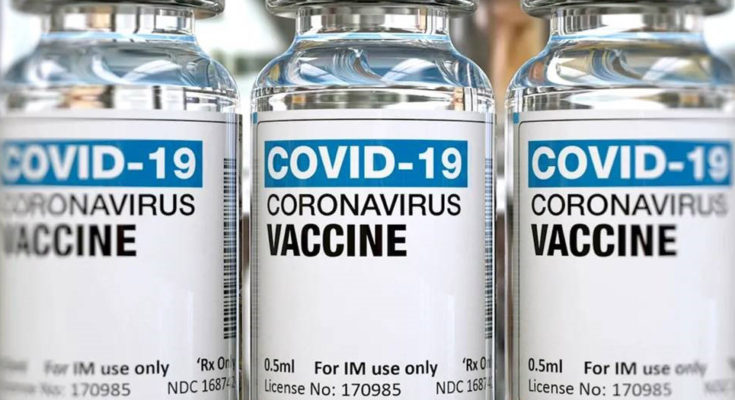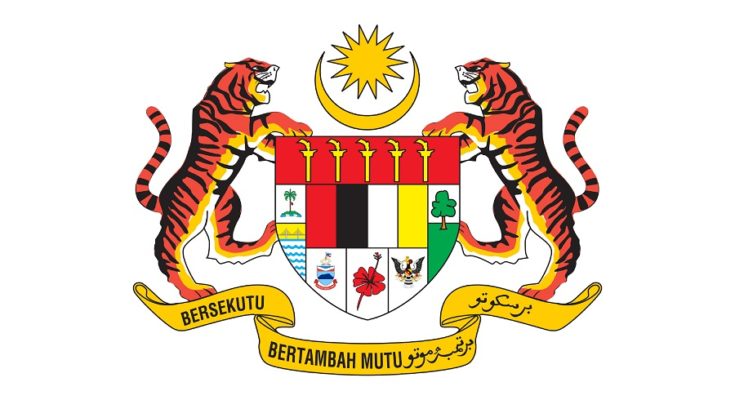Malaysia’s Covid-19 vaccination exercise remains slow because of vaccine supply constraints.
The government has previously announced that it has secured sufficient doses of Covid-19 vaccines to cover 110% of the population. The vaccines are from Pfizer, Astra Zeneca, Sinovac, CanSinoBio, and Sputnik V.
However, Vaccine Minister Khairy Jamaluddin said that Malaysia has only received 1.2 million doses of Covid-19 vaccine as of 12 April 2021. In comparison, 8.6 million people have registered to be vaccinated.
A report done by The Edge has cited reasons for our slow response such as: delayed government action, a lack of foresight, and unnecessary paranoia.
The government’s delayed action and lack of foresight during the vaccine procurement process last year has put Malaysia at the tail-end of the Covid-19 vaccine procurement queue.
This is a stark difference to other countries, such as Japan, who had inked their first agreement with Pfizer in July and by end-September.
Other countries, such as Singapore, also made their agreements with various vaccine producers well before they were approved for use in the country. Their preliminary approval for the usage of these vaccines have also contributed to their efficient rollout.
In Malaysia, the National Pharmaceutical Regulatory Agency (NPRA) initially said that 90 to 120 days are needed to approve of the vaccine.
The NPRA only gave conditional approval for the Pfizer vaccine on 8 January of 2021.
The Malaysian government ought to have acted swifter and decisively when procuring the vaccines as they are imperative to the recovery of our economy.
Ordinary Malaysians are now paying the price for the government’s inefficiency in vaccine procurement as the National Covid-19 Vaccination Programme remains sluggish.


